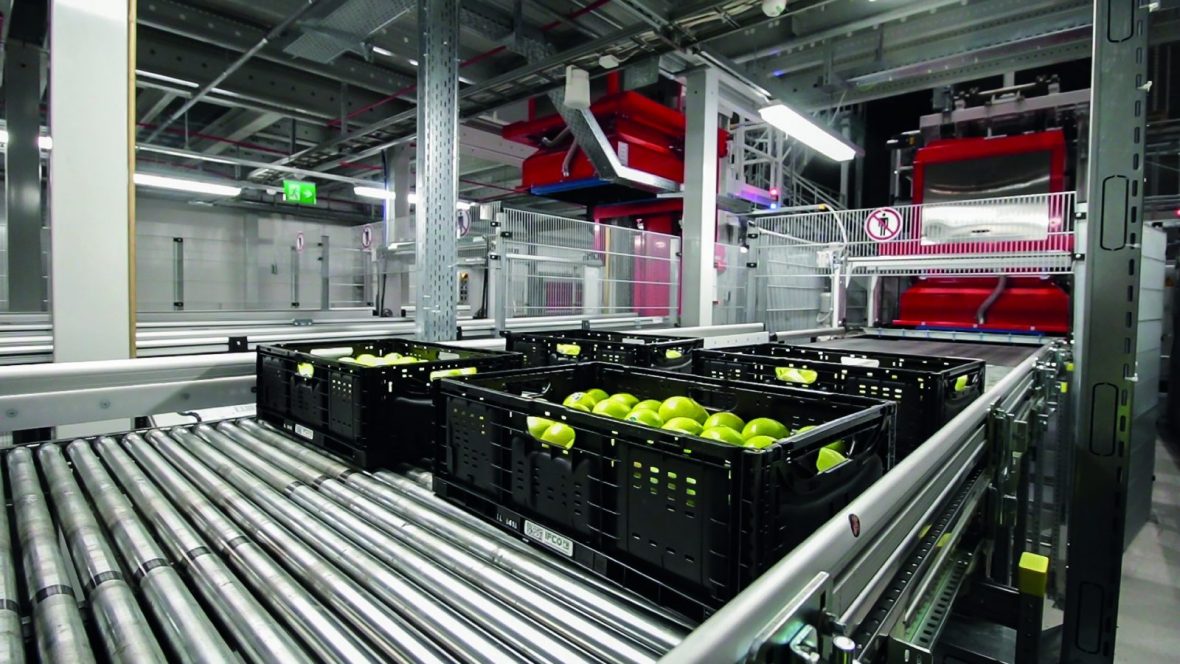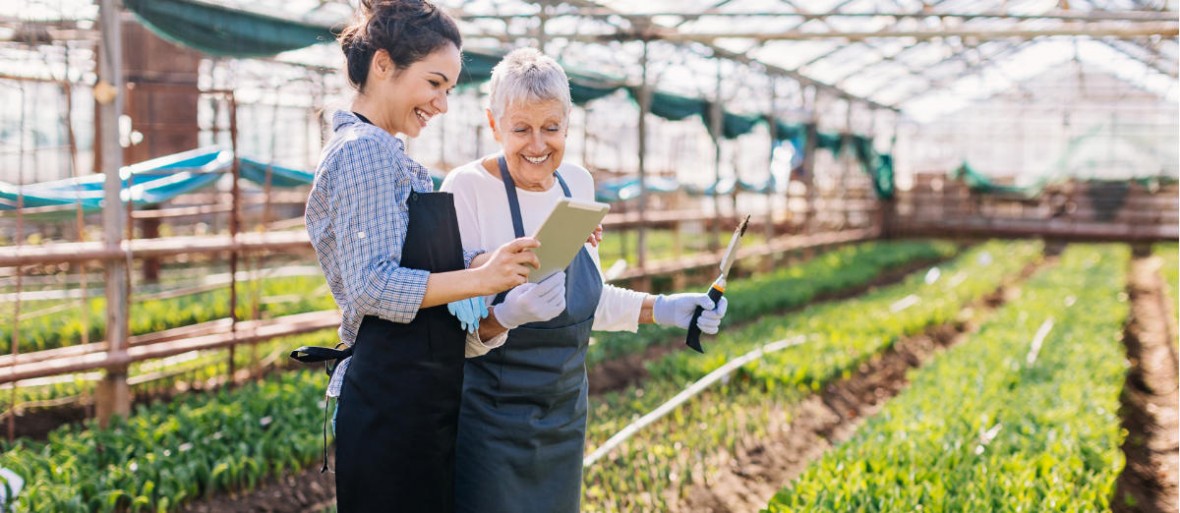"Fresh produce, I’d like to introduce you to the benefits of warehousing automation."
Who knew that RPCs could play the role of matchmaker, but that is exactly what happened for SOK, Finland’s leading grocery retailer. While fresh produce has often seen to be incompatible with warehouse automation, the use of IFCO RPCs enabled SOK to launch one of the world’s first automated warehouses for fresh fruit and vegetables.

To take a step back, automation projects are becoming increasingly popular for retailers looking to increase their competitive advantage. The list of benefits that automation can deliver is substantial. It includes productivity gains, cost reductions, improved inventory and order accuracy, better cube utilization, a safer workplace, and lesser environmental impact.
Fresh produce, however, has often been seen as being incompatible with automated solutions due to secondary packaging. The plethora of sizes, lack of dimensional consistency, non-conveyability, and the degradation of single use packaging due to moisture absorption have collectively excluded fresh produce from the automation opportunity.
RPCs, on the other hand, are moisture-resistant, stackable and stable. Thanks to their robust construction, dimensional accuracy, standard sizes, and conveyability, they are perfectly suited not only for fresh produce but also for handling in automated warehousing systems.
Almost half of all food sold in Finland passes through the SOK facility, and IFCO RPCs currently handle about 70% of the fresh volume. SOK is looking towards converting most fresh fruit and vegetables to RPCs by mid-2019. It will require about 15 to 16 million reusable containers annually.
Inside the warehouse, a complex system of conveyor belts, elevators, and sheet grippers sorts products and distributes them efficiently to consignments. Standardized, stable and stackable boxes such as RPCs, handle this system – even under extreme conditions.
Additionally, humidity in the building can reach 80%, which can cause problems for single use packaging. "The shape and stability of the boxes are crucial in automated systems," says Mikko Kymäläinen, Logistics Manager at the facility – a key argument for his company to use IFCO reusable containers. "When crates absorb moisture and soften, they can no longer be handled in automated processes."
Thanks to choosing RPCs, SOK has experienced an 85% reduction in solid waste while enjoying the other benefits of automation, including a reduction of touch labor and improved ergonomics.
A key to the project’s success was collaborating with IFCO early in the design process to make sure that RPCs would function perfectly in the system.
Stay up to date
Want the latest fresh food packaging industry knowledge delivered straight to your inbox? Subscribe to our newsletter and get the latest news, trends, articles and more!
